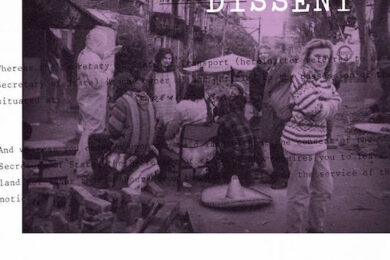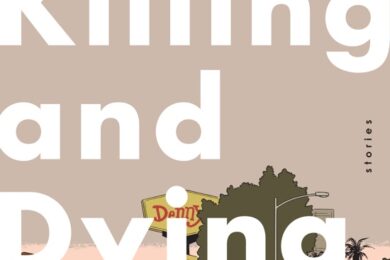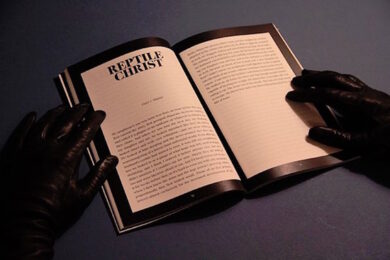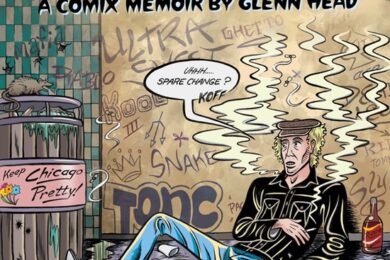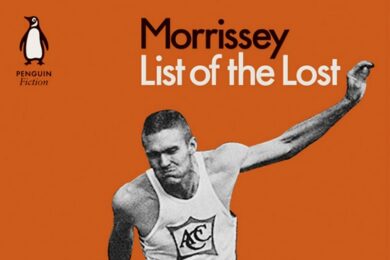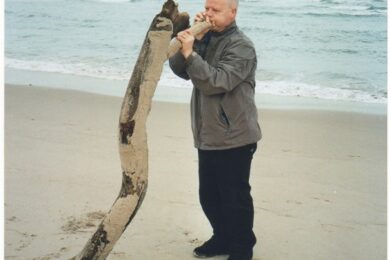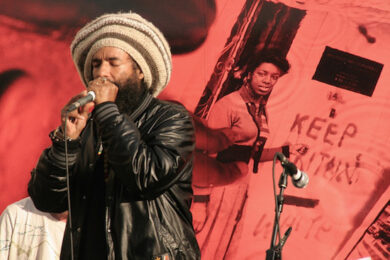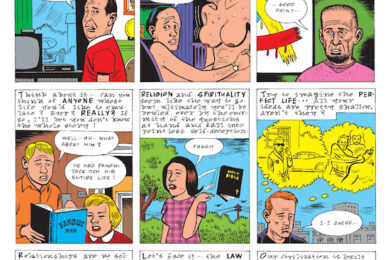


Books
From the esoteric to the sonic, tQ’s bookshelf revealed
Bowie And The Occult: Season Of The Witch Extract
Ahead of his appearance at this weekend's Louder Than Words festival in Manchester, we publish an extract from Peter Bebergal's new book on the occult roots of rock & roll and the author talks to John Doran about the magickal obsessions of some of our favourite musicians
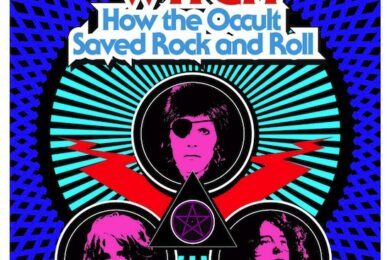
Productive Pleasure: Alfie Bown’s Enjoying It Reviewed
Looking at psychological and social power structures and stark capitalist reality through the lens of Candy Crush and YouTube wormholes, Joe Kennedy considers the ideas of productive and unproductive pleasures and sympathy with pretentiousness via Alfie Bown's Enjoying It

“Picture Of A Sunny Day”: Carrie Brownstein’s Hunger Makes Me A Modern Girl
Digging into Carrie Brownstein's memoir — Hunger Makes Me A Modern Girl — Alex Robert Ross finds a work that, removed from interaction with her collaborators, is as rife with tension as her work with Sleater-Kinney, packed full of introspection and self-laceration, but one which never strays into rock memoir cliché
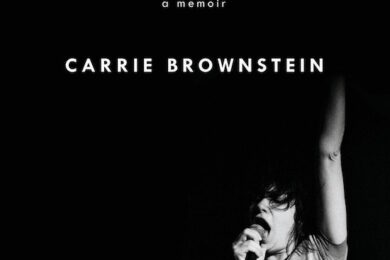
Verfreundungseffekt: Is Love Enough? Versioning, Translating & Self-Translating Maltese Poetry
Having come across one another’s work on The Quietus, British-Maltese writers Jen Calleja and James Vella worked together to create versions of two poems by celebrated Maltese poet Adrian Grima using literal translations. But should ‘versioning’ be considered translating? And can Maltese poets do without English translators altogether? (Portrait of Adrian Grima by Richard Phœnix)
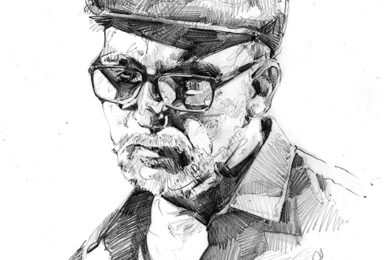
New Writing: Timidities By Hannes Bajohr
Published by the ever-excellent Berlin-based Readux as part of their latest set, Hannes Bajohr's Timidities repurposes text gathered from the internet (erotic amateur fiction, BDSM forum posts, and sex advice) to create something that is — at once — powerful, tender, playful and poignant

Top Of The Curve: Wayne Holloway Interviewed
Kit Caless, publisher at Influx Press, speaks to Wayne Holloway - author of Land Of Hunger, a book of short stories that could be (and maybe sort of is) a novel - about the value of sentiment, 'banging for Marx', and balancing left-wing views with capitalist reality
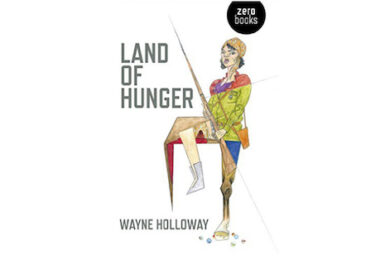
Dream Baby Dream – An Extract From The Suicide Biography
Here is an exclusive extract from Kris Needs' new, authorised biography of NYC duo Suicide, with focus on Marty Rev as a young jazz fan hanging with Tony Williams and bewildered by Dizzy Gillespie's rubber chicken. Followed by author Q & A

Psychedelic Texas: When Janis Met Roky
This summer Zero published Ben Graham's excellent book on Texan psychedelic rock, A Gathering Of Promises... this extract concerns Janis Joplin meeting the 13th Floor Elevators during a particularly fraught month in the State's history and a collaboration that wasn't to be
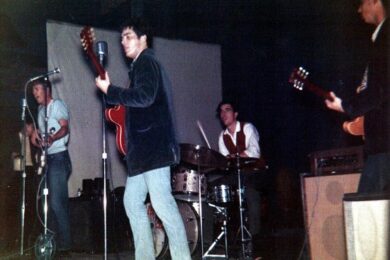
Nothing Ventured, Nothing Gained: Dan Richards Interviewed
Mark Dishman meets up with author and long-time friend Dan Richards to discuss his new book, The Beechwood Airship Interviews, which features conversations with artists and craftsmen — from Judi Dench to Bill Drummond. Dan talks chutzpa, burning zeppelins, and explains why Geoff Dyer bought him lentils

Verfreundungseffekt: On Translating Gregor Hens’ Nicotine
Part-way through completing a translation of Gregor Hens’ Nicotine, our resident translation columnist Jen Calleja finds herself asking questions about authenticity and exactitude and whether or not translation is creation. (Illustration by Richard Phœnix)

On Ghostwriting: Drake, Meek Mill & T.S. Eliot Back To Back
By accusing Drake of not writing his own verses Meek Mill put hip-hop on a pedestal in terms of its artistic purity. But — true or not — does it matter? At least one other great work of literary art wasn't put together singlehandedly...

